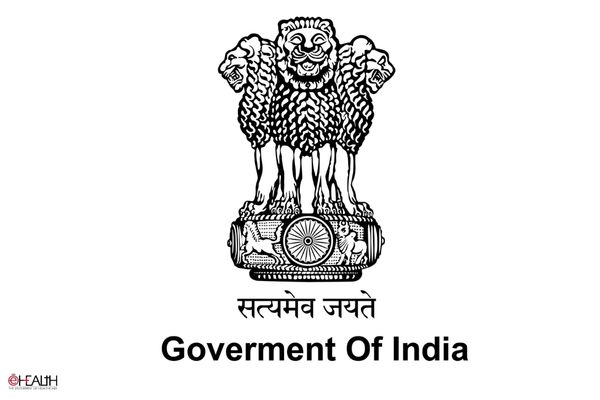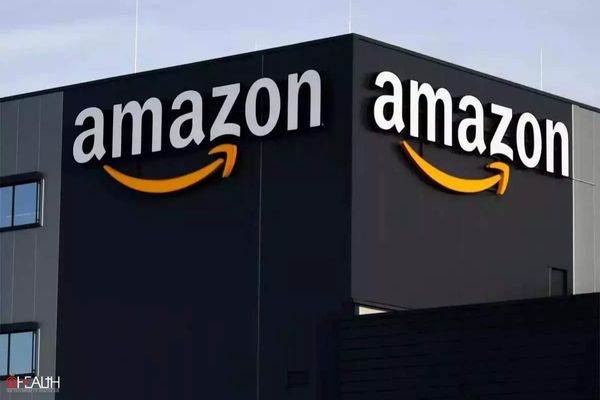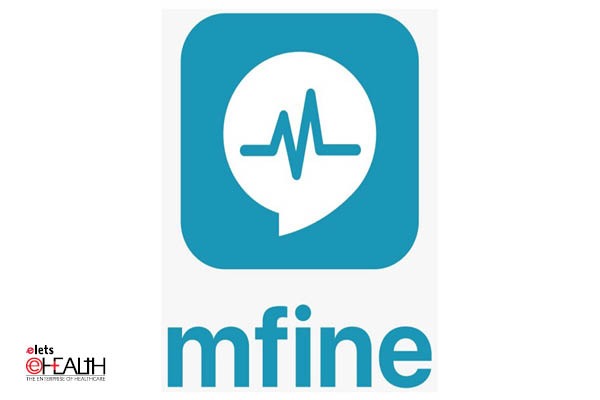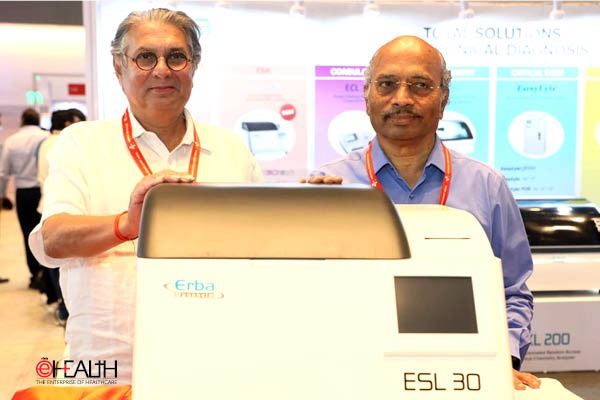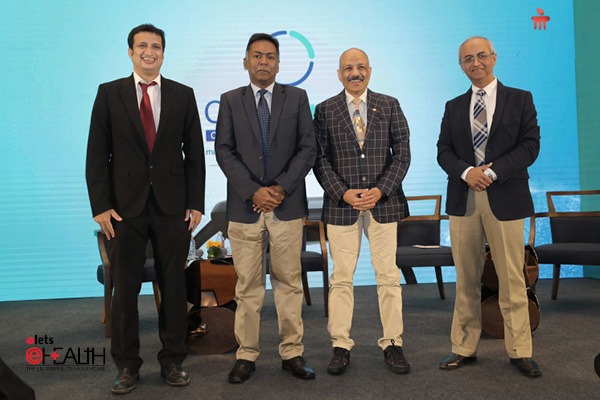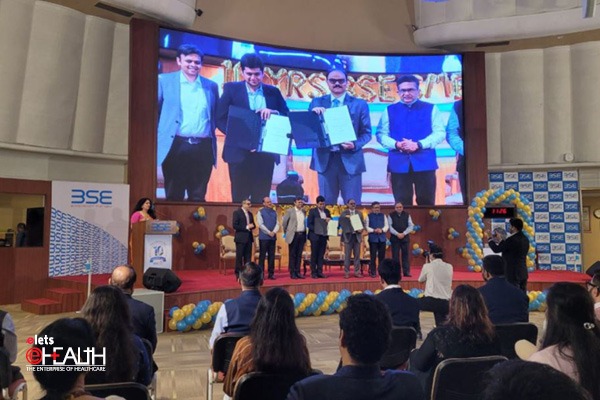Venture capitalists pumped a record USD 9.1 billion into privately-held US biotechnology and medical device companies last year, in hopes of making discoveries they can sell to larger drugmakers. Biotechnology and medical device companies raised 20% more cash in the US last year than in 2006, according to a report by accounting firm PricewaterhouseCoopers and the National Venture Capital Association. More than 4,000 biotechnology companies manipulate genes and cells to develop drugs for diseases including cancer, and arthritis. Older drugmakers that have long relied on chemistry to develop products have paid for alliances with biotechnology companies, aiming to develop drugs to replace products with expiring patents. Pfizer is bracing to lose $13 billion in annual sales when generic copies of its cholesterol pill, Lipitor, enter the market as early as 2010. “A grim prognosis for Big Pharma is actually music to our ears,” said Sherrill Neff, founding partner of Quaker Bioventures, a Philadelphia-based venture fund with $600 million under management. Venture capitalists invested a total of $29.4 billion in 3,813 companies across all industries, the most since 2001, according to the report. About 31% of the cash went to biotechnology and medical devices, a record share of venture investment, according to the report. Software investment rose 2.7% to $5.3 billion, while internet companies raised $4.6 billion, a 12% increase, according to the report. Investors continue to funnel money into biotechnology because it has innovative science and long-term patents that large drugmakers need, Neff said on a January 18 conference call with reporters. Pharmaceutical companies have cash, development and marketing expertise that the smaller companies don’t, making them natural partners and acquirers, he said. Pfizer, for instance, said on December 18 it will buy closely held CovX for an undisclosed amount to acquire experimental drugs for cancer and diabetes. The acquisition of Pharmion by Celgene of New Jersey, for $2.9 billion and Tokyo-based Eisai’s $3.9 billion purchase of MGI Pharma are other examples of the desire for large drugmakers to acquire smaller innovators, Dombkowski said. Still, there are reasons for concern among biotechnology and medical device investors, Neff said. The budget of the US National Institutes of Health, which produces many basic discoveries for biotechnology companies to develop further, is under pressure, Neff said.

Be a part of Elets Collaborative Initiatives. Join Us for Upcoming Events and explore business opportunities. Like us on Facebook , connect with us on LinkedIn and follow us on Twitter , Instagram.



